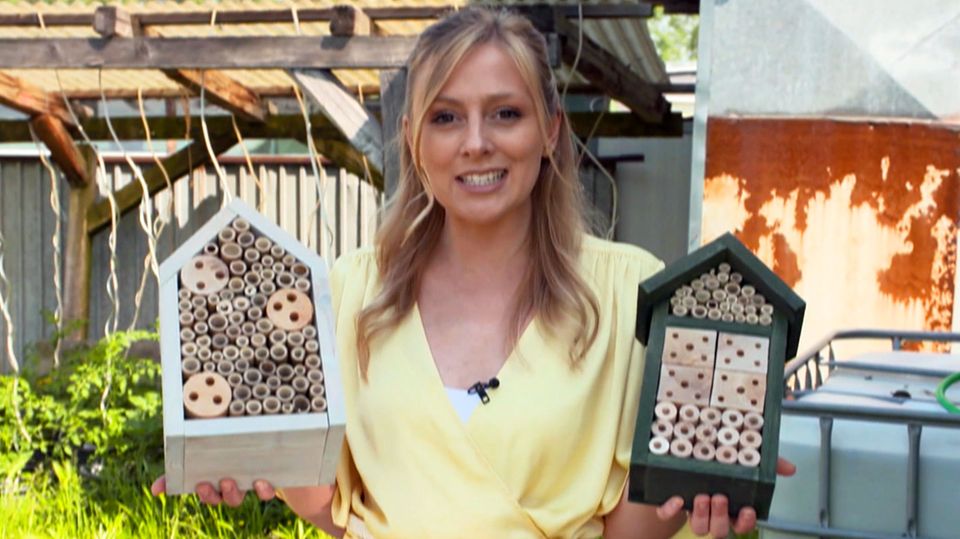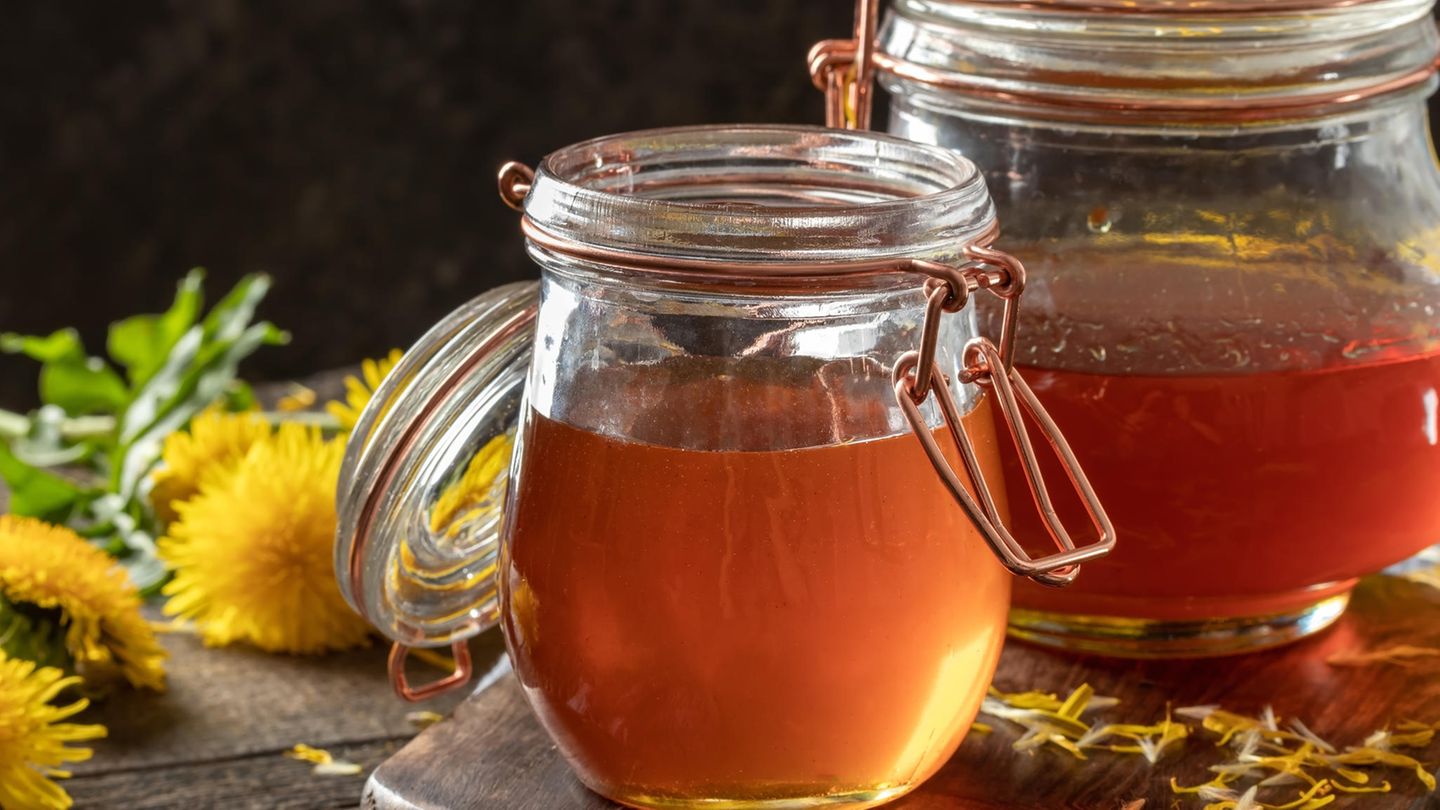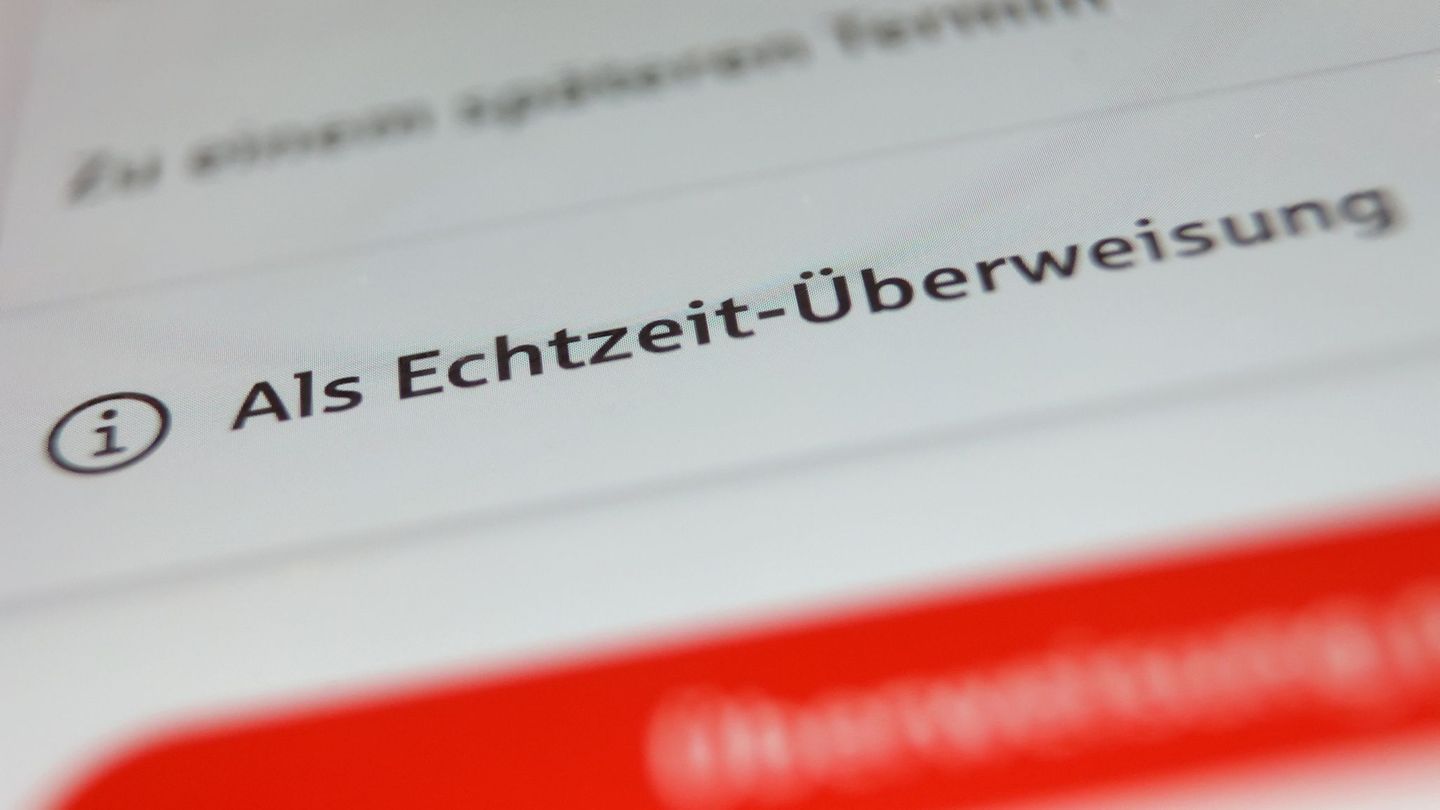Honey is also vegan. Based on dandelion blossoms, the plant-based alternative tastes wonderfully aromatic and can be used like the conventional variant. The recipe.
Is honey vegan? Numerous vegans and non-vegans discuss this in forums, social networks or on blogs with different orientations. Reason for debate? The question cannot be answered unequivocally.
Unique bee
Objectively speaking, honey is not vegan, as a strictly vegan diet includes both the complete renunciation of animal products and products made by animals – thus milk or eggs, for example. Since honey is made by bees, it is not vegan. However, it is vital for bees and us humans. This is precisely the crux of the debate. In terms of ethical assessment, honey is given a different quality – after all, we humans depend on the busy bees and their pollination performance. If these no longer produce honey and therefore die out, the entire ecosystem would collapse.
But let’s start from the beginning: 87.5 percent of flowering plants worldwide depend on the pollination of bees. Without the animals, the yields of crops would shrink by up to three quarters – various types of fruit and vegetables in particular would be affected by a sharp drop in yield, including apples, pears, tomatoes, zucchini and almonds. In Europe alone there are 4,000 types of vegetables thanks to bees. The global economic benefit of this is estimated at 265 billion euros. The crop failures that would go hand in hand with bee extinction would, according to US researchers, even lead to worldwide malnutrition and thus to 1.42 million additional deaths per year.
“Once the bee disappears from the earth, humans have only four years to live. No more bees, no more pollination, no more plants, no more animals, no more humans.” – Albert Einstein
‘Chapeau!’ to the bee population. After all, they are irreplaceable for the preservation of biological diversity and thus for a functioning ecosystem. The bees are not only important for the food security of us humans: Without them, wild plants could hardly reproduce, which in turn would mean the loss of food and housing for various animals.
Increased bee mortality
The fatal thing about it: The death of bees is not just a dystopian idea, but a fact and has occurred more and more in recent years. The reasons for this do not lie in reduced honey production, but primarily in the use of pesticides in agriculture, monotonous landscapes, a lack of food sources, the loss of the animals’ natural habitat and parasites. It is therefore of fundamental importance to protect the bees’ habitat and also to support honey production.
Why do vegans forego honey?
There are many reasons for not doing it. The keeping of the bees under unnatural living conditions, the genetic manipulation of the animals and stressful transports are some of the reasons. The honey also serves as food for the bees. The honey made from nectar and a small part of pollen contains nutrients that are vital for the bees, especially in the cold winter months, and protect them from possible infestation by various types of mites and other diseases – which in turn are responsible for bee deaths, among other things. However, the animals do not receive the honey they produce – after all, this is reserved for us humans. The artificial substitute food provided by the honey industry often makes the animals more susceptible to disease and thus indirectly supports extinction. Last but not least, the bred honeybee displaces its wild conspecifics. Diseases emanating from honey bees weaken the immune system of wild bees and thus decimate the already threatened population.
How can you actively support bees?
Free-living bees actively support you by buying bee-friendly flowers and plants. Avoiding pesticides, weed and pest control agents that are harmful to bees, i.e. pesticides, herbicides and biocides in the garden and house, is important in order to be able to offer the animals a safe habitat. You can also offer the bees nesting opportunities: a “bee or insect hotel” can be built with little effort. You can find more tips on active protection here.
By not buying industrially manufactured honey, you can counteract the exploitation and extinction of the important insects. However, you do not have to do without the enjoyment under any circumstances. You can easily make your own plant-based honey.
Making vegan honey from dandelions
For homemade vegan honey you first need dandelion flowers. The medicinal herb is very valuable and contains rare bitter substances that support digestion and contribute to general well-being. In addition, dandelion has a diuretic effect, stimulates the appetite, relieves rheumatism, bronchitis and fever. Last but not least, it contains large amounts of choline, inulin, potassium, magnesium, phosphorus, vitamin A, B12 and vitamin C.
Boiled with sugar and lemon, the vegan alternative tastes strong and aromatic and is reminiscent of the original. It can be used like the conventional alternative – as a spread on bread, in drinks, to refine food and baked goods or simply straight from the spoon.
Recipe for homemade vegan honey made from dandelions
ingredients
- 500 dandelion flowers (about 600 grams)
- A lemon
- Two kilograms of sugar
- Two liters of water

preparation
- Wash the dandelion flowers with water and remove the stems. Cut the lemon into slices.
- Put the dandelion flowers, lemon wedges and the water in a saucepan. Cook for about 20 minutes and then let rest for 24 hours.
- The next day, press everything together through a tea towel.
- Catch the juice, put it back in the saucepan, bring to the boil together with the sugar and simmer for about two to three hours with the lid open, stirring occasionally.
- The dandelion honey is ready when a cooled drop pulls threads. This can be tested over and over until the desired consistency is achieved.
- Fill into screw-top jars immediately afterwards.
Sources:, , , , ,




